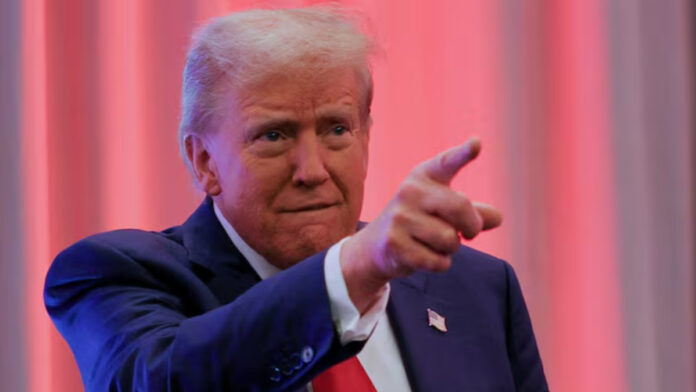The world is bracing up for the key reciprocal tariff announcements by US President Donald Trump. He has promised to “unveil a massive tariff plan on Liberation Day.” This is in addition to tariffs already imposed on aluminum, steel and autos, along with increased tariffs on all goods from China. The question that is relevant for us at the moment is how will it impact India and what are the options for us?
Can India reduce tariff to minimise impact?
While India could be among the worst hit nations as per broad reciprocal differentials, it needs to be also taken into consideration that some key susceptible sectors (Auto, Pharma, Electronics) are far better placed than feared. However, there are some like apparel and Gems/Jewellery are the most exposed.
Gaura SenGupta, chief economist at IDFC First Bank explained that increasing crude imports could offer some breathing space to India , “Tariff differentials is maximum on agriculture products . As per our calculation tariff differentials on agriculture products is 55.6%. It’s likely that India reduces tariffs on this segment which accounts for 4.4% share in total imports from the US. Other segments where tariffs could be reduced are pharma, stones and precious stones, electrical machinery, transport vehicles. India could offer to increase crude oil imports from US which accounts for 31% share in overall imports from US.”
ALSO READTrump Tariffs: Will India’s auto sector face a roadblock? Explained
Garima Kapoor, Economist and Executive Vice President, Elara Capital added that, “India’s immediate option would be to allow market access to American goods and negotiate trade deal. Eventually reducing tariffs and allowing the economy to open up is going to be beneficial for India in mid to long-term.”
India may argue for broad country-level tariff
Many industry observers believe that the Trump administration has been using tariff threats largely as a tool to extract concessions from affected countries but “simply accepting these concessions is not the only option for India.” added economists at Emkay Global.
According to Manoranjan Sharma, Chief Economist, Infomerics Ratings, “While “no trade is free”, as the globally acclaimed Harvard economist Dani Rodrik stressed, it must be realized that one size does not fit all. Unlike the US, India’s high tariffs are WTO (World Trade Organization) compliant. Given India’s wide tariff differential with the US,
» Read More


